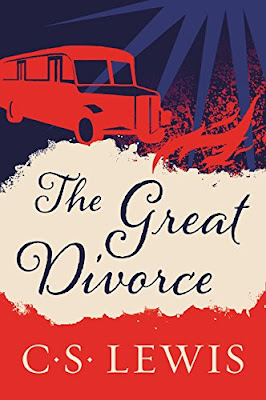Book in Review: "The Prince"
 The Prince is a short classic where author Niccolo Machiavelli looks at lessons learned from political leaders (princes) of the past and looks to give some advice for an aspiring price.
The Prince is a short classic where author Niccolo Machiavelli looks at lessons learned from political leaders (princes) of the past and looks to give some advice for an aspiring price.I will begin by saying: Machiavelli is not known for his morals. He sports a pre-Nietzschian “will to power” philosophy in which the expedient, self-advantageous option is always the right one. For Machiavelli there is no undergirding philosophy to which he is fastened to. There is no absolute ideal to which his prince is to daily strive. There is only power. There is only the acquiring, preserving, and expanding of your kingdom by any and every means necessary. Cruelty and deception are no worse than compassion and justice—as long as it serves your personal aims it is a tool to be used.
Such pragmatism is a brutal philosophy that has assailed the human race for as long as there have been humans. It also sounds to me like an exhausting, miserable way to live; not to mention quite contrary to a Biblical worldview.
But that is not to say that “The Prince” is without valuable nuggets of leadership wisdom. Machiavelli pulls from the politics of his day as well as famous Roman, Greek, and Biblical histories to build various case studies of what works and what doesn’t. This is a great way to learn leadership (and far more beneficial and entertaining in my opinion than modern leadership books).
He discusses the weaknesses of both mercenaries and auxiliaries—and the importance of your soldiers being your own as only they will have sufficient stake in the game to bleed and die for you. He talks about (as a general rule) action being preferred over caution. He discusses the importance of a prince always familiarizing himself with war; ever educating himself on the terrain of his own kingdom; always interrogating from wise men which hill is better equipped for defense, or which ridge will better thwart the enemy. For when the war eventually comes this prince will be ready, having prepared himself in the time of peace. Machiavelli also discusses whether it is preferred to be loved or feared. His answer: Have the people fear you, but not hate you. People are too fickle to retain their love for their ruler when crisis descends.
“The Prince” is a short classic that I will admit is a fun read. Take the good leadership principles and translate them to our modern world; dump the poor morals. We have enough expediency in leadership today as it is.



Comments
Post a Comment